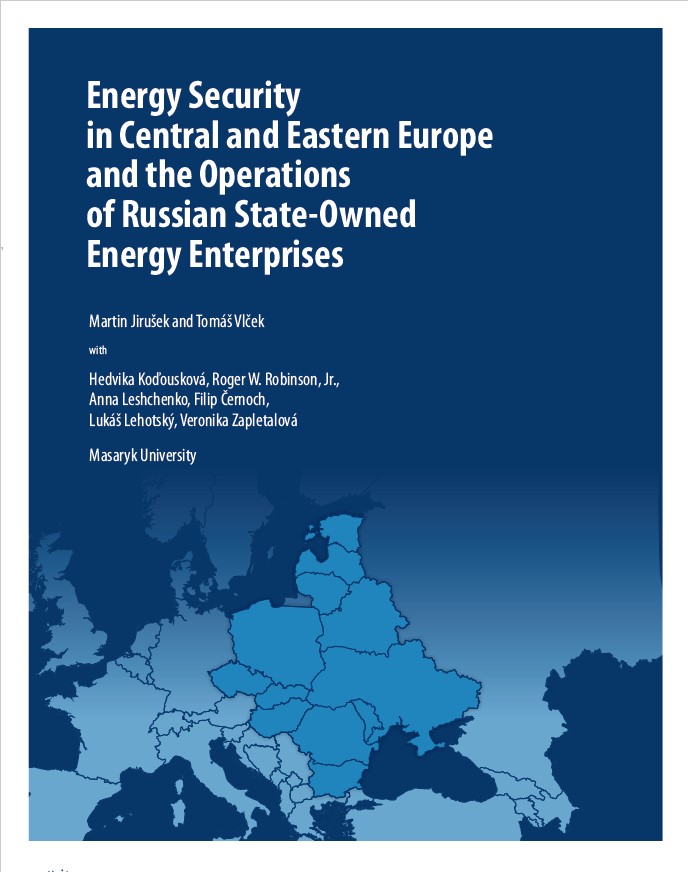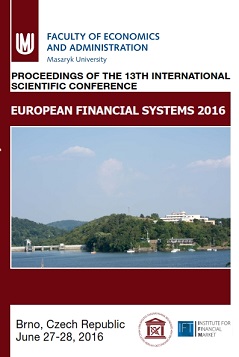
Strategic Operations of Russian State-Owned Energy Enterprises
Strategic Operations of Russian State-Owned Energy Enterprises
Keywords: Russian State-Owned Energy Enterprises; Economic backdrop; energy supplies;
A central question in assessing the foreign operations of Russian state-owned energy enterprises is determining which of their transactions and projects are more weighted in the strategic versus the commercial domain. In the vast majority of cases, both of these elements are in play in Kremlin and energy industry decision-making, hence the need to identify where the preponderance of evidence lies.
More...
